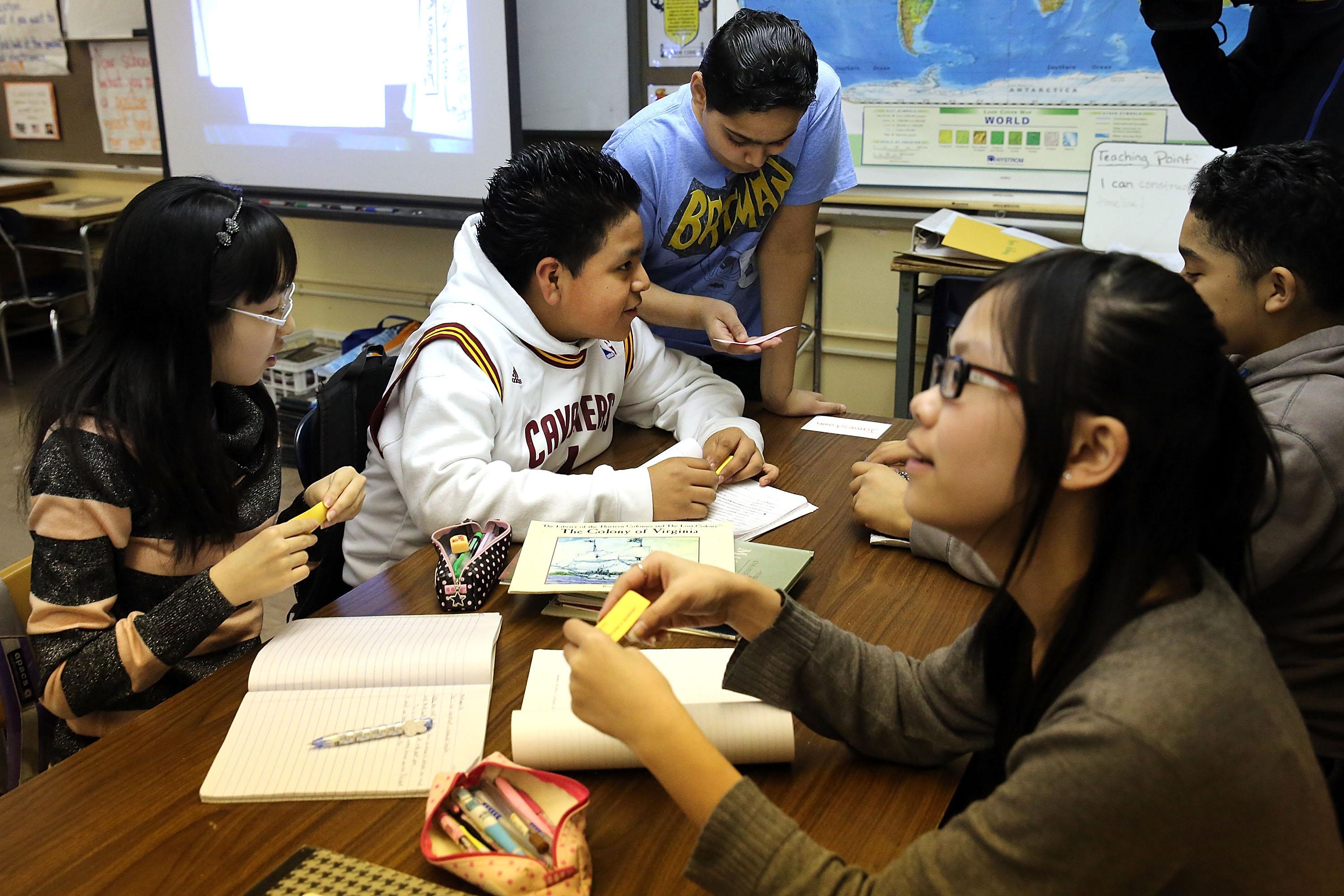This question originally appeared on Quora.
Answer by Robert Frost, engineer and instructor at NASA:
Retention means being able to easily access the information later. To do that, one wants to have that information in a neural network that is robust and well indexed. To do that, one needs to ensure the following during learning and after:
1) Repetition
2) Connection of new information to old information
When we repeatedly think about something, the related neurons grow tentaclelike structures called dendrites that reach out to connect to other neurons. If we continue to think about that item, those dendrites can acquire redundant dendrites that grow alongside them, and the receptor sites on those dendrites can acquire greater throughput.
We can analogize this to a road system. If we build six-lane highways to a destination, it’s easier and faster to get there than if we have dirt trails.
Our brain organizes the information it acquires and continues to reorganize to optimize storage and recovery of that information. By connecting new information to older information, we make it easier to find that information later.
We can analogize that to having a road map. If we have a map, it’s easier to get there than if we don’t—or remembering that the new shoe store is next door to the old bookstore that we’ve repeatedly visited.
We rarely lose information within our brain; we just make it harder to find when we need it. Good retention of learning means making robust pathways to find that information and organize it well.
When things have been well-indexed and repeated sufficiently, they become automatic, meaning we can recall them without conscious effort. The alphabet is an example. We have repeatedly used that information so often that it is so easy to access that we don’t have to think about it.
Stop thinking about something and those dendrites can shrivel up, becoming less effective, like an unmaintained road. So, even after we think we’ve fully learned something, we still need to periodically use that information if we want it to remain easy to access.
More questions on Human Memory:
